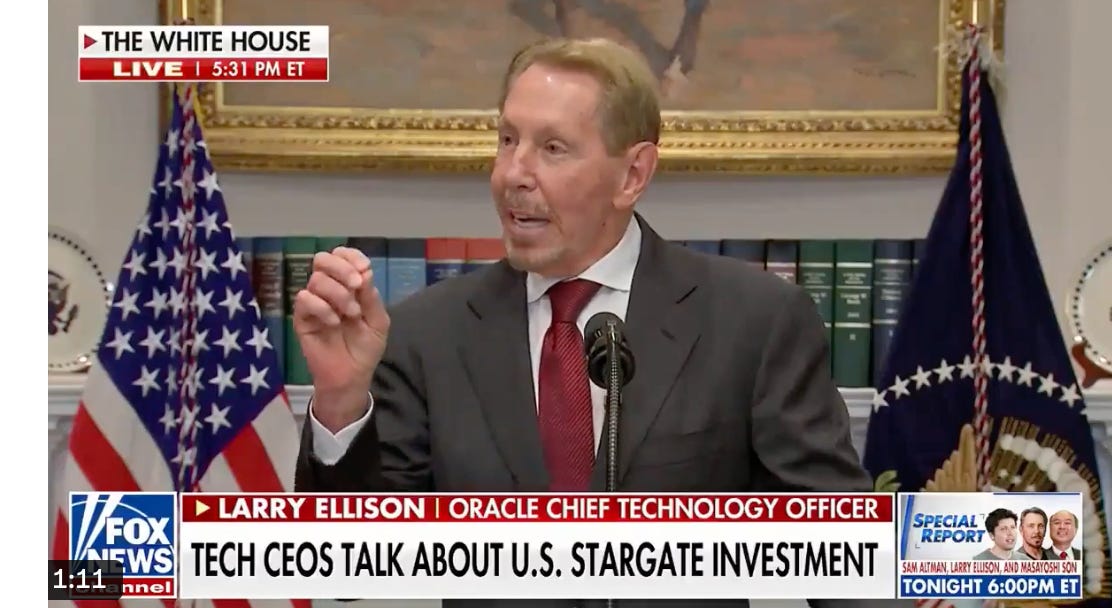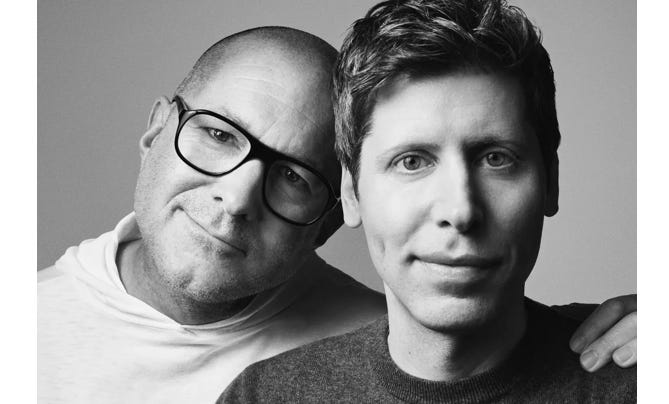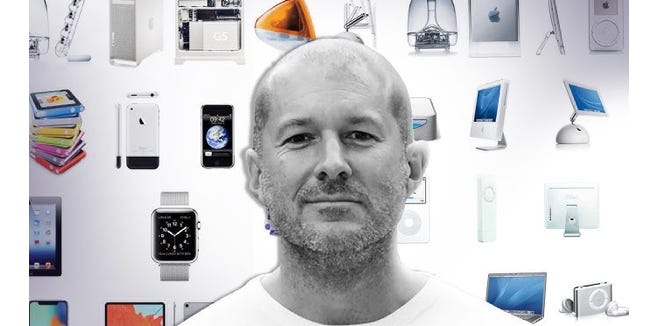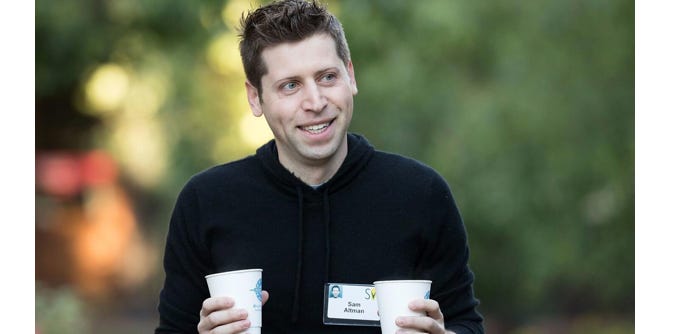Yesterday, CNN ran a story headlined “Trump announces a $500 billion AI infrastructure investment in the US.” President Trump said the one project is expected to create 100,000 American jobs.

There’s a lot to say about this deal, which bears an insane name that will fuel countless conspiracies: “Stargate.” But first, let me make this obvious observation: Trump has tamed tech. Trump has somehow corralled all his former enemies into attending his Inauguration and furthering his economic agenda.
This might be my imagination, but over the last two days I could swear ChatGPT has ditched wokeness. Either way.
The three tech titans attending yesterday’s press briefing were Oracle’s Larry Ellison, SoftBank’s CEO Masayoshi Son, and OpenAI’s baby-faced CEO Sam Altman. During the presser, they collectively pledged $500 billion dollars over the next four years (i.e., Trump’s term), to build out what Trump called the “largest AI infrastructure project in history.”
Details were sparse, but apparently, Stargate will have multiple parts. The first part, a million-square-foot data center, is already underway in Texas. “I think this will be the most important project of this era,” Sam Altman said, adding, “We wouldn’t be able to do this without you, Mr. President.”
And there it was. All three men praised Trump to the roof. It was a development that made Democrats hate them and want them to fail even if that means the Chinese win the AI arms race. It’s often confusing to be a Democrat.
Apart from that, not many details were supplied about Stargate, except that Larry Ellison tried way too hard to sell AI as a medical miracle. Quite unfortunately, Larry picked mRNA cancer drugs to use as his example, bragging that AI could help speed up detecting cancer particles floating around in patients’ blood (particles=bad), and then “within 48 hours” could help make a personalized cancer “vaccine” that would force folk’s cells into making even more cancer particles that will float around in their blood (particles=good!).

The more I’ve learned about mRNA technology, the more it seems like the dumbest idea science has ever had, a wormhole of stupidity. The basic idea is to genetically engineer a shot forcing your cells to create some kind of protein, so that your natural immune system then mounts a response, killing all the transfected cells (which used to be healthy) as well as the targeted cancer itself.
That’s the idea anyhow.
But … if the goal is spurring the immune system with cancer proteins, why do we need the whole mRNA process in the first place? Why not just inject the protein that spurs the immune response, and leave the risky transfection process out of it? After all, that’s how traditional vaccines work. And in Ellison’s scenario, if detectable cancer proteins are already present in the blood, it’s not completely clear how forcing cells to produce more of the same proteins could solve the problem instead of making it worse.
Sadly, I think the answer to “why mRNA” has more to do with things like patents and profit potentials rather than the mRNA platform supporting any stargate to a health paradise. We’ll see. But unfortunately for the mRNA scientists, we are all onto them now. We know too much.
If we have anything to do with it, a whole parallel dimension of fierce mRNA criticism is preparing to flood through the Stargate.
Anyway, I don’t think Ellison was labeling the Stargate AI project as an mRNA project, as some of the hot takes have suggested. Ellison constantly says nerdy, dumb stuff about AI, like how it can help stop crime by constantly surveilling everyone. He’s not a great public speaker, and he’s certainly no politician.
This time, I think he just picked a horrible example of how this Stargate AI project might help people. He’d hoped to open a portal to a new dimension of AI hype based on his poor understanding of mRNA cancer vaccines, which he probably acquired by reading corporate media. The truth is, they’ve been trying to develop “personalized” mRNA cancer vaccines for 20+ years now without success.
Maybe AI can solve that puzzle, but I doubt it.

☕️ BOARD FLIPPERS ☙ Wednesday, January 22, 2025 ☙ C&C NEWS 🦠
Media mental over errant Musk gesture; Trump deletes DEI infrastructure with orders and memos; John Bolton security setback; Trump owns tech; project Stargate is AI Moon Launch; Master Classes; more.








